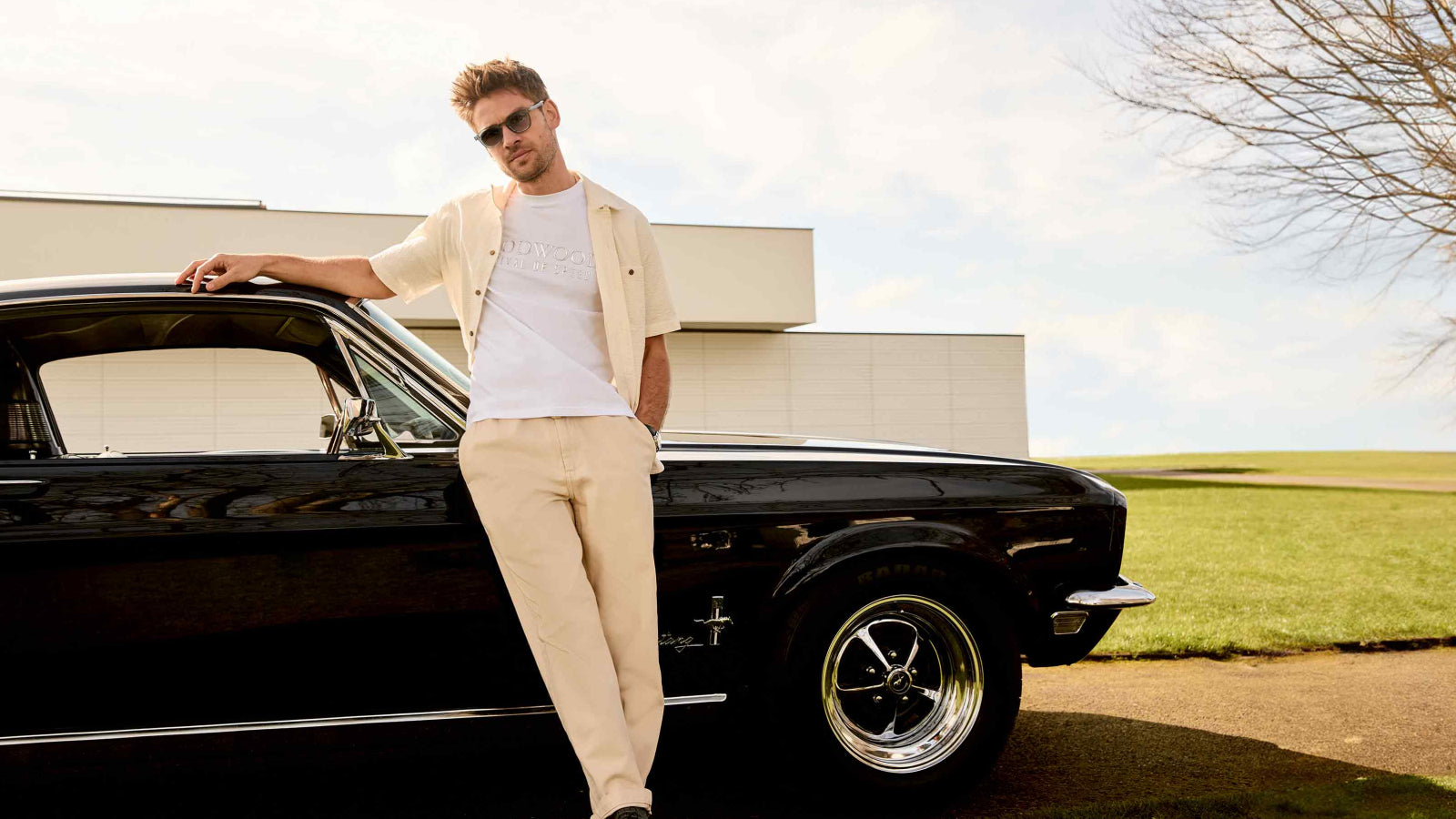The BT44 was Gordon Murray's first great innovation
Innovation is the cornerstone of Formula 1 design, and Gordon Murray’s name is one that stands from the crowd of engineers. This, the BT44, is the second car he created as chief designer at Brabham and is an evolution of his BT42. It had some radical design elements, but one ‘first’ had been developed by Murray much earlier.

The BT44 is generally credited as being the first car to feature rising rate suspension, which is now prolific in racing car design. But Murray had actually first designed it for his 750 Formula racing car, and simply copied the idea over to the grand prix car.
There were two reasons rising rate suspension was advantageous. Murray explains: “The curve on the little rocker makes the damper and the spring stiffer as you go down, so it controls roll and bump, making the car much more predictable. Secondly, early racing cars had the springs and dampers out in the air onto the wishbone. The air rushing through there at 150mph was blocked by the spring. It moves the spring out of the airstream. Every single racing car on the planet has pull or push rod suspension and rising rate. There’s not a racing car without it now. I wish I’d patented it!”
Designing and building his own race cars helped Murray learn the ropes before designing grand prix cars professionally. “I was 19 when I built my first car in South Africa” he told us. “I did my own suspension, I made the fuel tank, I made the seats. I even made my own pistons, and camshaft. That teaches you so much, and then you get to drive it and see what you’ve designed. A lot of the good designers like Chapman used to race themselves.”
Driving remained important to Murray’s process at Brabham. He would drive all the grand prix cars he designed up until the Alfa Romeo V12 powered BT48. After that, the taller drivers left the team and the chassis sizes were reduced to the extent that Murray could no longer fit inside the cars he designed.
Despite the fact the BT44 wasn’t the pioneer of rising rate suspension, it featured a few innovations of its own. “All the cars in the ’70s had a huge fabricated steel bridge on the back holding the suspension,” says Murray. “They were not very torsionally rigid and used to crack. That was the first car where I made a special casting for the back of the DFV and the suspension goes directly onto the engine without any frame and that was really radical.”
The BT44 was also a very small, aerodynamically efficient car and had under-body skirts that led the way to ground effects. To keep them a secret, Murray instructed the mechanics not to jack the car high in the pitlane so that other teams wouldn’t find out what was under the car.
This policy worked until that raised the car in a panic to find a leak from the fuel tank during the Austrian Grand Prix. The cat was out the bag and all the other teams employed skirts soon after. Under-body skirts weren’t the only aero trick up the BT44’s sleeve. Murray describes the car’s overall shape as an ‘upturned saucer’, which prevents as much air as possible from getting under the car. It also helps to keep the fuel load low in the car.
Plenty of innovation, then, but the innovative suspension should be credited to a home-build 750 racer.
Photography by Tom Shaxson.
Brabham
BT44
BT44B
Gordon Murray
FOS 2021
Festival of Speed
Formula 1






































































